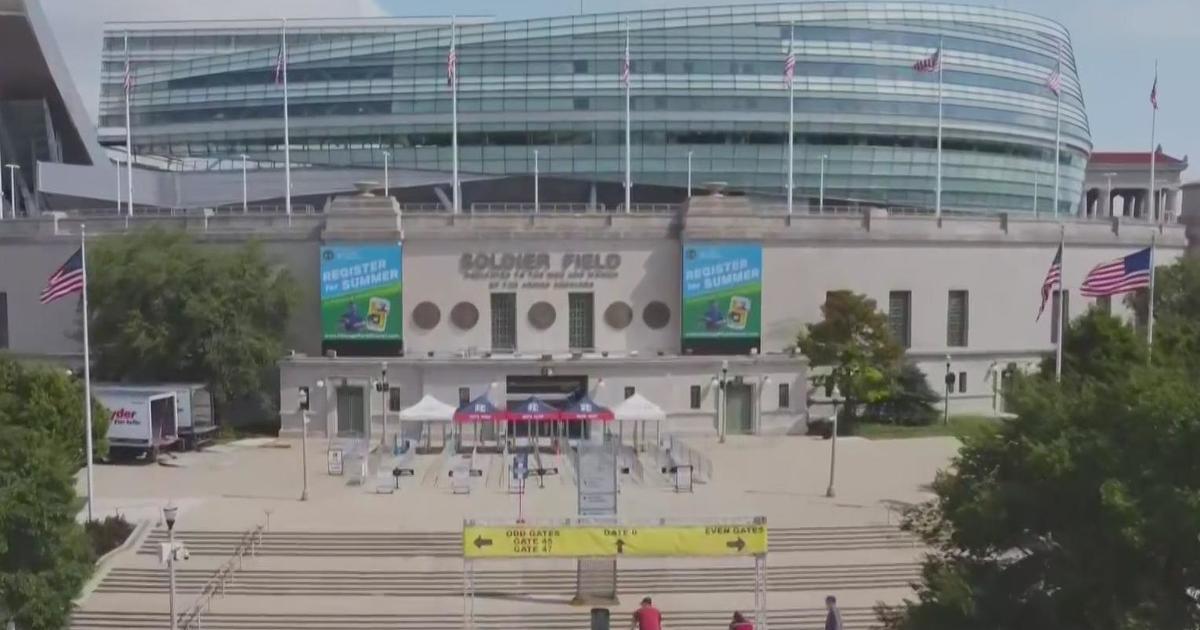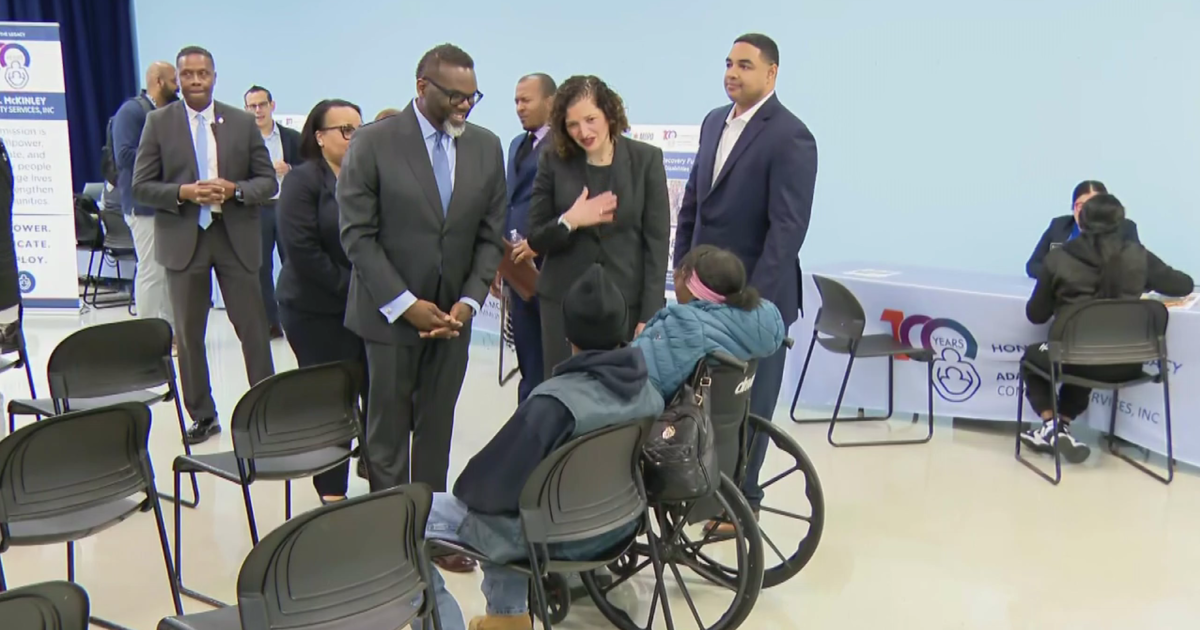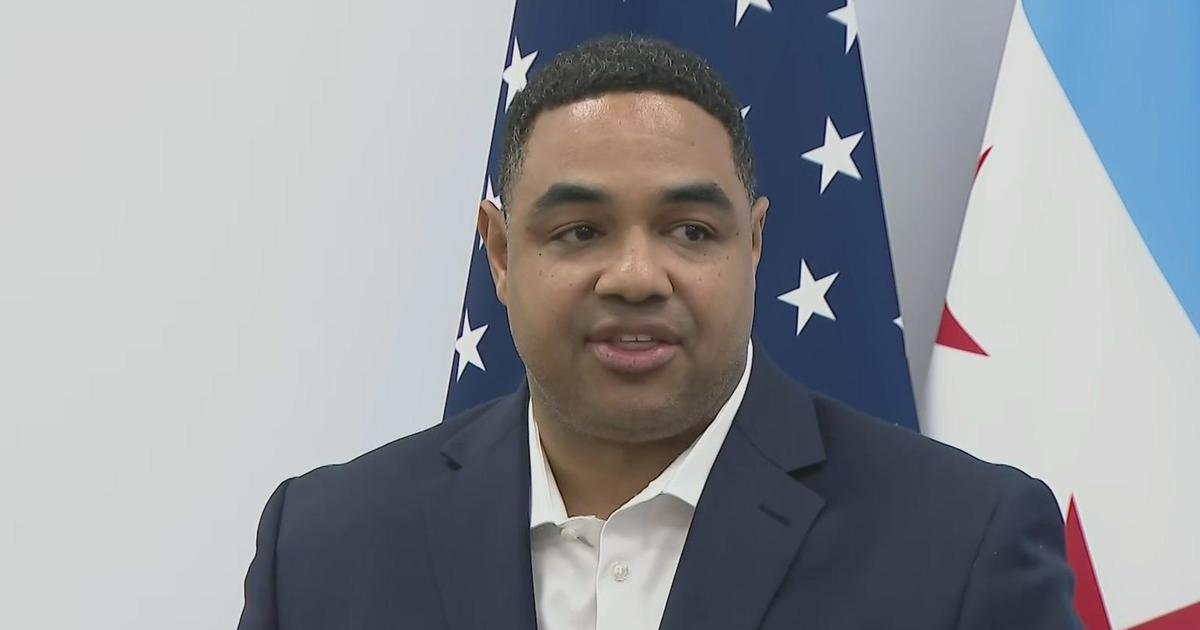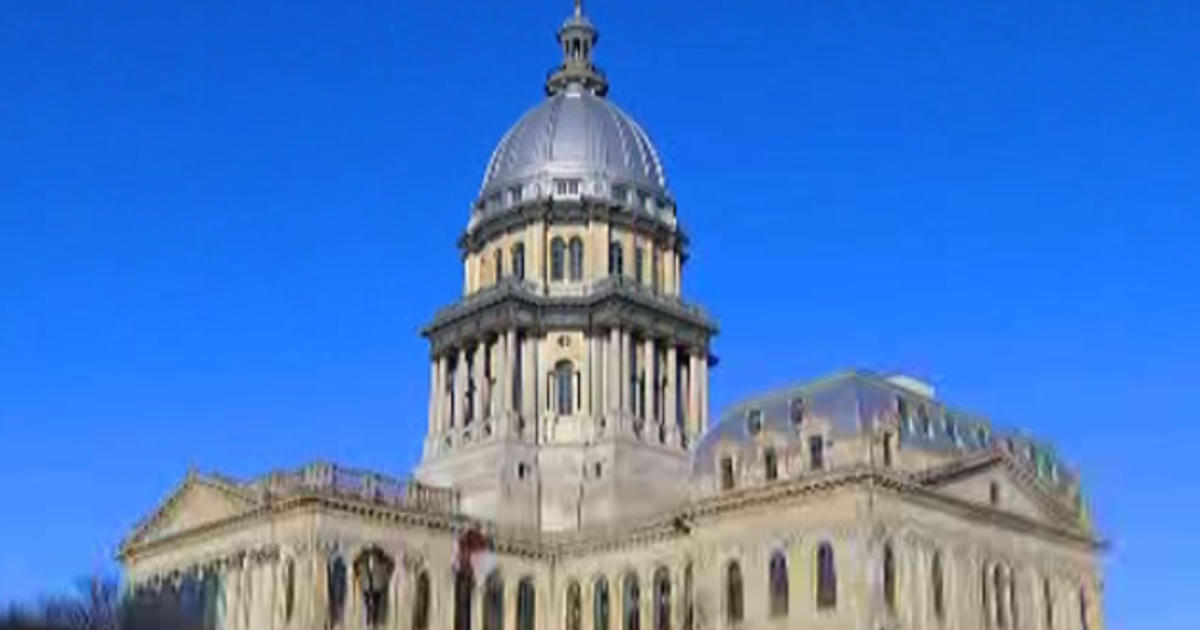Emanuel: Recycling Program Will Go Citywide Next Year
CHICAGO (CBS) -- Mayor Rahm Emanuel on Thursday announced plans to expand recycling citywide -- and to keep competition going between public and private collectors.
Currently, recycling crews serve fewer than half the households in the city. Under a six-month trial, city workers in blue trucks have competed against private employees of garbage conglomerate Waste Management.
Surprise: The city workers have held their own, with their cost per cart plummeting, CBS 2 Chief Correspondent Jay Levine reports.
LISTEN: WBBM Newsradio's John Cody reports
Podcast
"The shows you when you have the attitude of competing for something rather than assuming you get it, how you can find, automatically, savings," Emanuel said at a news conference.
The city has saved more than $2 million in six months, enough for the mayor to promise recycling citywide by the end of next year. Twenty thousand more homes will be added immediately.
"It's worked. And my view is it will work in the future and that's why we're also opening up more operations -- tree-trimming, street marking -- to competition," the mayor said.
Much of the savings come from grid- rather than ward-based collection, and city workers simply working harder smarter to save their jobs. The competition in recycling collection may continue.
"It's going to stay to keep everybody honest," Emanuel said.
The city's attempts to implement a recycling program date back more than 20 years.
Back in 1989, demand mounted for a recycling program as the volume of garbage discarded by consumers grew and landfill space neared capacity. Then-Ald. Bernard Hansen (44th) called for a 100 percent recycling program within three years.
Then in the fall of 1989, the Department of Streets and Sanitation began a pilot program for recycling in four city wards involving separate trucks to pick up glass, plastic and metal.
But the city decided the volume collected did not justify a citywide program of duplicate garbage service. Instead, it worked toward implementing the much-maligned Blue Bag program, which did not require separate vehicles, but instead only separate recyclable bags that would go in with regular garbage.
The Blue Bag program was implemented with much fanfare in 1995, and the city said it expected to recover more than 1 million tons of recyclable material each year with the program. But eight years later, thousands of tons of garbage were still pouring into landfills every day. And recyclables were sometimes ending up there too.
But there were also flaws in the system in which recyclables were collected, recycling advocates argued.
The same truck that picked up regular garbage also picked up the Blue Bags, compacting all of the refuse together. Those in turn were removed from their bags, placed on a conveyor belt and sorted – dirty diapers together with bottles and cans – yielding a much smaller percentage than hoped.
On its official Web site in 2002, the City of Chicago reported that over 256,000 households per week were putting out at least one Blue Bag for pickup.
Still, the city ultimately decided to phase out the Blue Bag program. Retired Mayor Richard M. Daley announced plans to do so in 2006, and two years later, the city announced the transition to the Blue Cart program.



